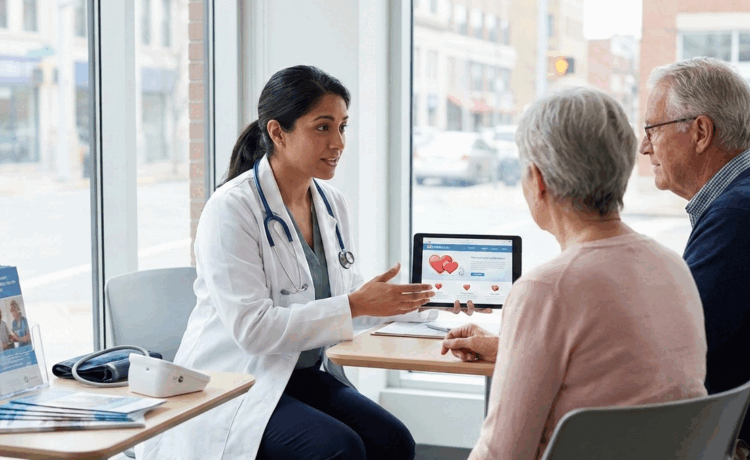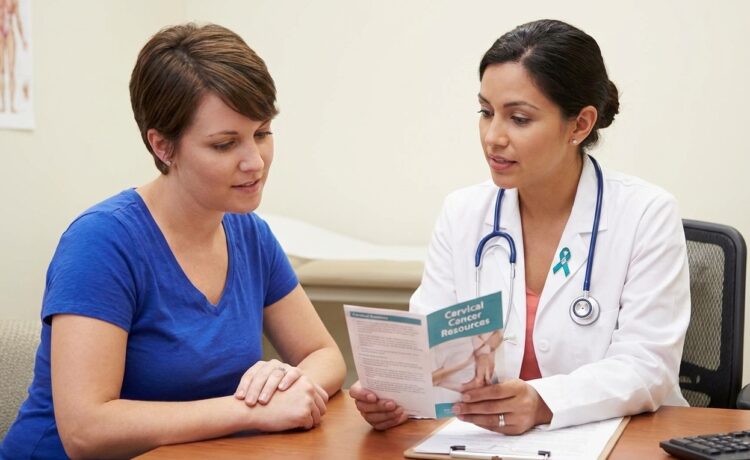February 2, 2026 Rheumatoid arthritis (RA) affects approximately 1.3 million Americans, bringing chronic joint pain, fatigue, and inflammation that can significantly impact daily life. On Rheumatoid Arthritis Awareness Day, we want to make sure you know that help is available, especially when it comes to affording the medications that make living with RA more manageable. At NeedyMeds, we maintain a free database of patient assistance programs, discount options, and financial resources that can help reduce your out-of-pocket costs. Here’s a guide to finding help for commonly prescribed RA medications. Methotrexate: The First-Line Treatment Over 900,000 people in the U.S. take […]




